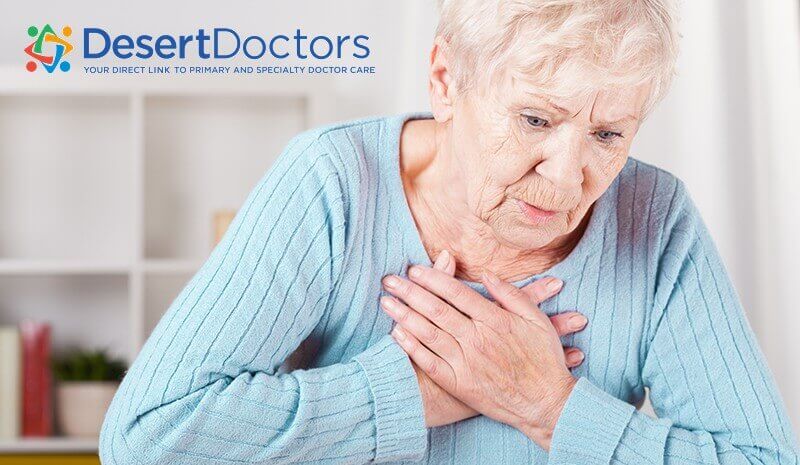The majority of Americans experience heartburn at one time or another, the real question is when should you see a healthcare professional?
First what is typical heartburn? Heartburn, acid reflux and indigestion are all interchangeable words describing acid entering the esophagus and causing a burning sensation or pain. The symptoms are usually very distressing and result in taking something such as an over-the-counter antacid to relieve the symptoms of heartburn.
Not all heartburn is alike. Some people describe belching, chest pain or even sinus symptoms. A sore tongue or bitterness taste in the mouth can all be symptoms of heartburn.
Another commonly used term for heartburn is GERD. GERD stands for Gastro esophageal reflux disease.
How do I prevent heartburn?
The most important factor in prevention of heartburn or GERD is dietary modification. Being overweight is frequently associated with heartburn. Also many foods are associated with heartburn generally they are spicy foods high fat content foods carbohydrates and larger meals. Eating meal within two hours of bedtime will frequently produce heartburn. Foods associated with heartburn are spicy foods, high fat content foods, carbohydrates and larger meals. Alcohol intake and coffee are also associated with heartburn.
So prevention is to limit these factors and drink plenty of water. Water creates more saliva and saliva is a natural antacid.
If the diet fails then over-the-counter medicines are the next step. There are many over-the-counter medicines that are very effective to control heartburn. Even prescription doses of Prilosec are now available and are very effective at controlling heartburn.
So the burning question is when should I see my doctor?
If diet and medications have not resulted in relief of the symptoms, it may be time to talk to your doctor or other healthcare professional and seek professional help.
If you have experienced long-standing heartburn there is a risk of developing cancer of the esophagus. Esophageal cancer can be prevented by new procedures available to reverse the damage of gastroesophageal reflux.
Dr. Gary M. Annunziata is board certified in Internal Medicine and Gastroenterology and can be reached at Desert Gastroenterology Consultants (760) 321-2500. http://www.desertgastro.net. For more information on Desert Valley Independent Physicians, visit DesertDoctors.org or call (760) 232-4646.
Gary M. Annunziata D.O. FACP APC
Associate Clinical Professor of Medicine, UCR School of Medicine President Desert Gastroenterology Consultants
President Advanced Gastro Technologies Inc.
Diplomat American Board of Internal Medicine
Diplomat American Board of Gastroenterology
35900 Bob Hope Drive #275
Rancho Mirage, CA 92270
760-321-2500
760-321-5720fx
http://www.desertgastro.net
http://advancedgastrotechnologies.com/home.htm

